CBS’ new sustainability action plan aims for 100% waste diversion and 100% reduction in CO2 emissions
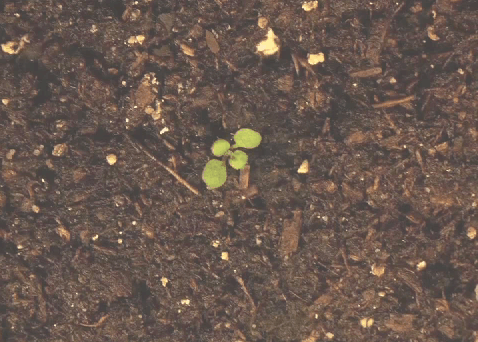
A new action plan with concrete goals could make CBS a leading university in Europe when it comes to sustainability, argues one of the authors. At the moment, CBS is lagging behind other universities, and if CBS doesn’t push for a sustainable transition, it can potentially lose out on students in the future, according to the authors.
Commit to 100 percent overall waste diversion by 2025. Achieve a 100 percent reduction in greenhouse gas emissions by 2050. Support urban gardening and develop learning opportunities for sustainable food-related issues, waste reduction and healthy food choices.
These are some of the initiatives and goals in CBS’ new sustainability action plan ‘CBS Campus Sustainability Profile & Goals‘, which has just been approved by the senior management.
“With this very ambitious strategy, I foresee CBS becoming a leading force in Europe,” says Kristjan Jespersen, Assistant Professor at the Department of Management, Society and Communication at CBS and one of the lead authors of the new profile.
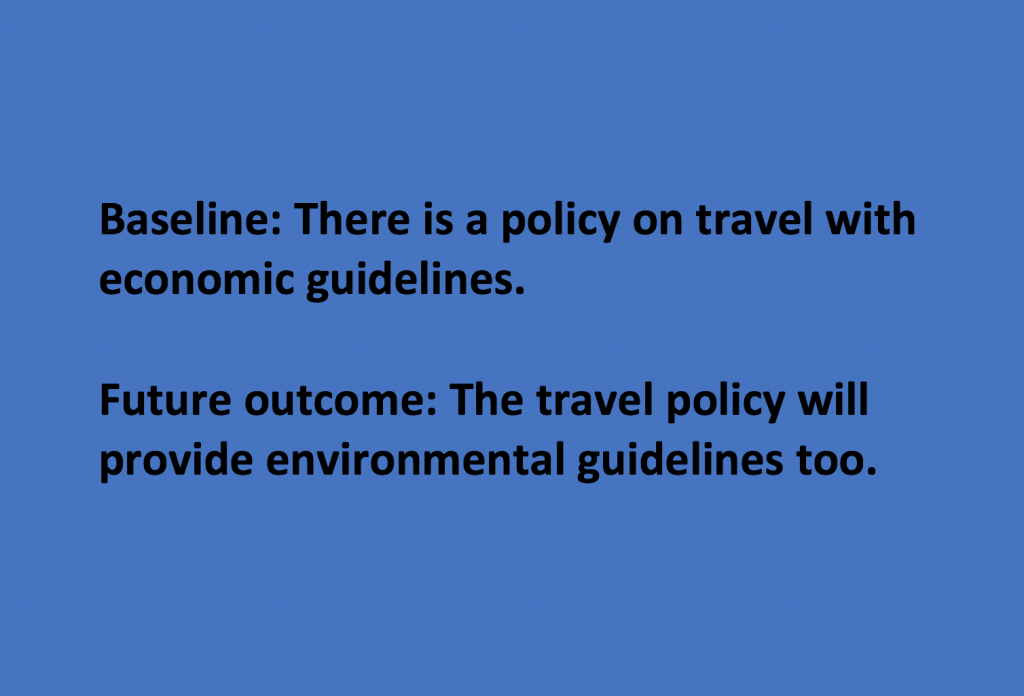
The profile has been in the pipeline since April 2018 when the strategy was approved and focuses on three aspects of sustainability: social, environmental and economic. Possible initiatives are set out with specific goals in the three areas of the profile, along with information about the baseline and what CBS could achieve in five years.
For example, a third of CBS’ waste is general waste, and according to Tore Klitgaard, Sustainable Design Developer at CBS and co-author of the profile, this type of waste is the most costly to manage and pollutes the most. The goal is to reduce that to a fifth by 2025.
“The next step is to engage campus in the transition so we can achieve the goals. We know what the goals are, but it’s not clear how we’re going to get there. Therefore, students and staff are encouraged to come up with ideas and help transforming the campus. It takes a shared effort to make this happen,” he says.
Both Tore Klitgaard and Kristjan Jespersen say that CBS is lagging behind when it comes to making a green transition on campus compared to other universities. In the future, sustainability will be one of the criteria for students deciding on which universities they want to apply to.

“In the U.S. and Canada, parents are calling universities to demand what they’re doing about sustainability, and there’s even a website with university rankings. The University of Colorado is at the forefront. This trend will, undoubtedly come to Europe too. We foresee that universities, like CBS, could lose top academic talent by not engaging properly with the topic of sustainability,” says Kristjan Jespersen.
A third wave of sustainability
The strategy is part of what Kristjan Jespersen describes as the third wave of sustainability at CBS. The first wave included a green office that reported on CBS’ level of sustainability, but was closed down in 2015. The next wave was headed by one of the Business in Society Platforms called Sustainability, and now the strategy is part of the third wave, which is driven by a political and societal interest as well as pressure from CBS students.
“This is the first initiative that brings everyone together at CBS. Academics, administrative staff and students. And it’s much more concrete and tangible,” says Kristjan Jespersen.
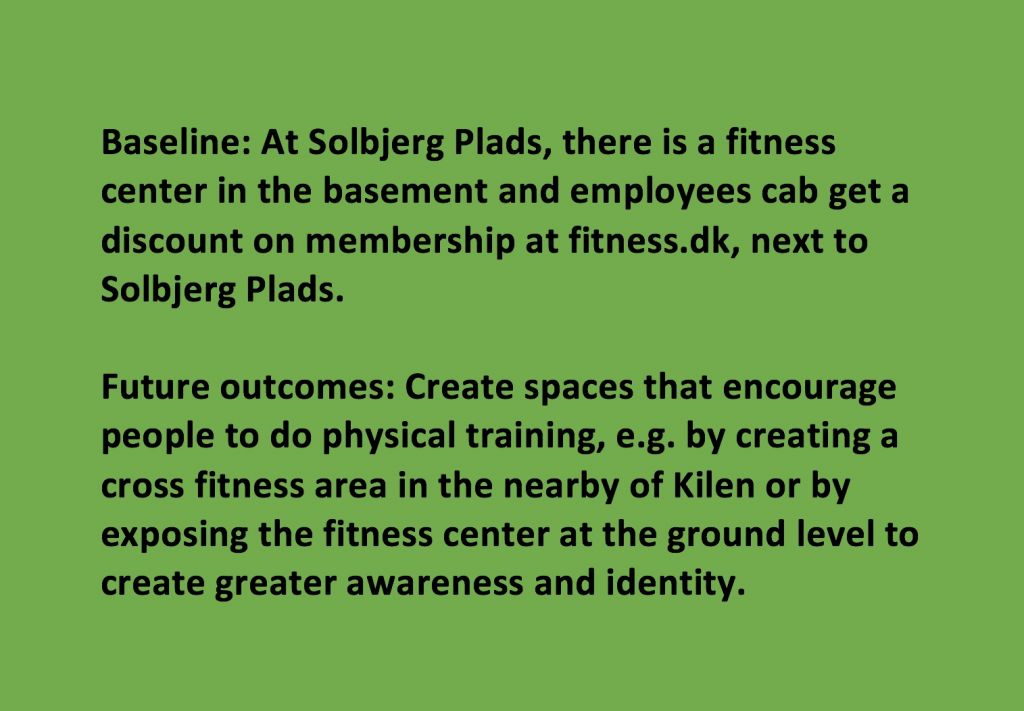
“We knew we needed to do something about the climate 40 years ago. Now we have the political and societal interest. People are willing to engage and do something about it.”
And according to Tore Klitgaard, CBS needs to break down its “silos” to meet the goals.
“Sustainability is also about thinking across disciplines and breaking down silos. It requires behavioral change. You can’t just hit the sustainability button and think it’ll happen all by itself. This is where the hard work starts,” he says.
For example, the new strategy includes an initiative about urban gardening. The idea is that, for example, Spisestuerne can get some of their vegetables from the garden, which will also include a beehive to produce honey and help support the ecosystem. But it will also serve another purpose.
“The urban garden will not only function as a garden, it will touch on the social and community aspect of sustainability. It would be amazing if we had students who wanted to be in charge of it as part of a course or something. It’s about integrating the different aspects of sustainability into each of the projects,” says Tore Klitgaard.
Sustainability in CBS’ overall strategy
When drawing up CBS’ sustainability profile, Tore Klitgaard and Kristjan Jespersen looked at those of other universities and investigated Frederiksberg Municipality’s own sustainability plans. At the center of it all is the duty to change behavior and contribute to the well-being of students and staff at the same time, explains Kristjan Jespersen.
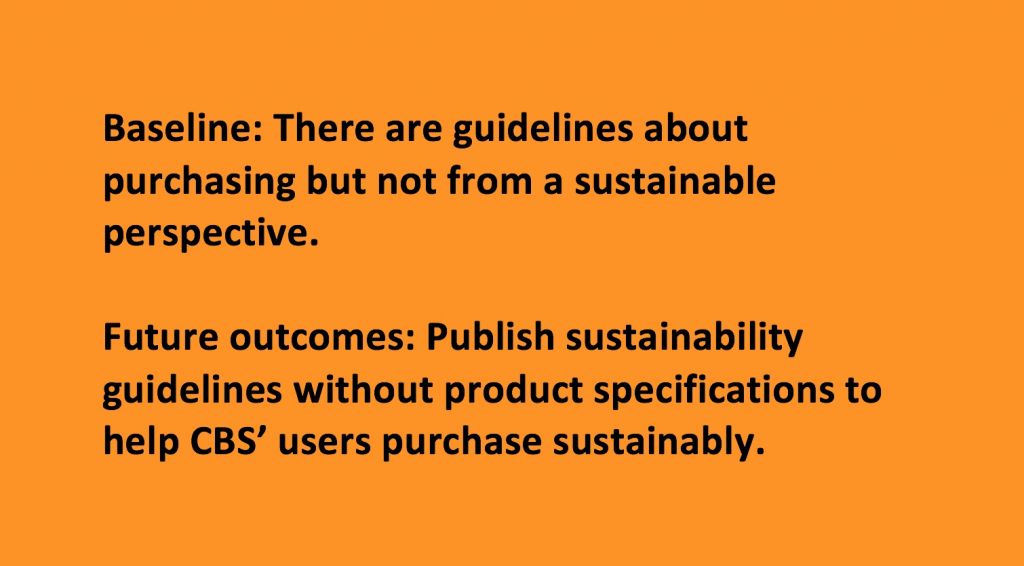
“As a single owner occupier, CBS is in a unique position that we not only hold important knowledge through researchers and administrative staff, we also have more than 22,000 students who we can engage in this dynamic discussion about the future of our campus and contribution to society. But the most important thing is that we can fail and talk about it when things don’t work out. Private firms never report failure. We must failing forward, as I say,” he says and adds:
“But when things do go as planned, CBS should be a beacon that promotes activities to others.”
CBS’s overall strategy ‘Business in Society’ is about to expire, and a new one is needed to set the direction for the coming years. In the current strategy, sustainability is only mentioned once. Kristjan Jespersen and Tore Klitgaard hope that sustainability will be at the core of the new strategy.

“Sustainability is on everyone’s lips more than ever before, and I really hope that we can push the transition forward and that sustainability will be a part of CBS’ new strategy. Because it’s a necessity. Everyone needs to keep this in mind; there’s nothing else for it,” says Tore Klitgaard and adds:
“CBS is like a supertanker, if we all push the same time at the same side, we might be able to change the direction and make the green transformation happen.”



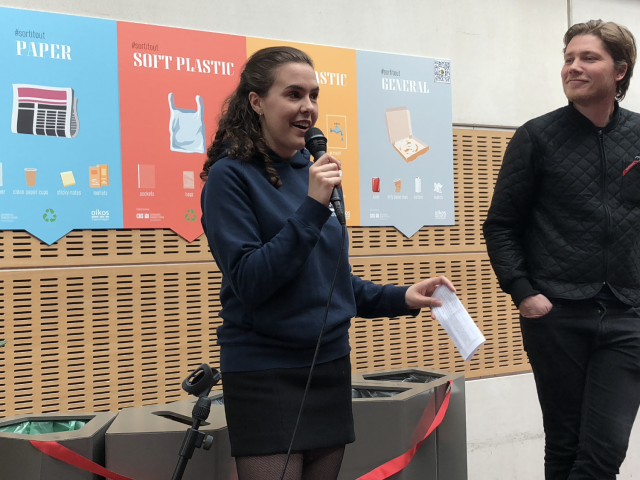
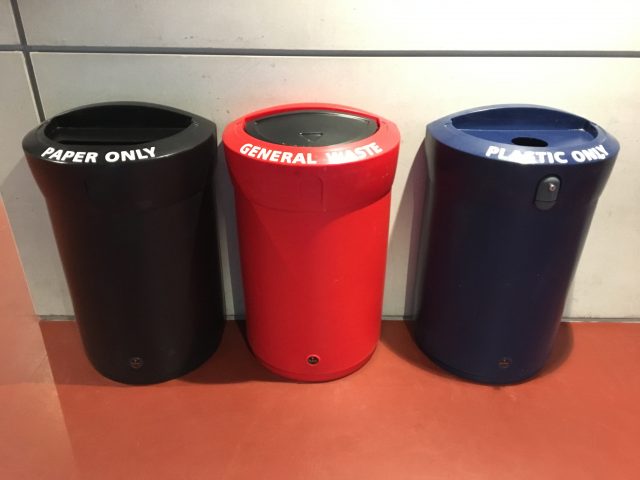
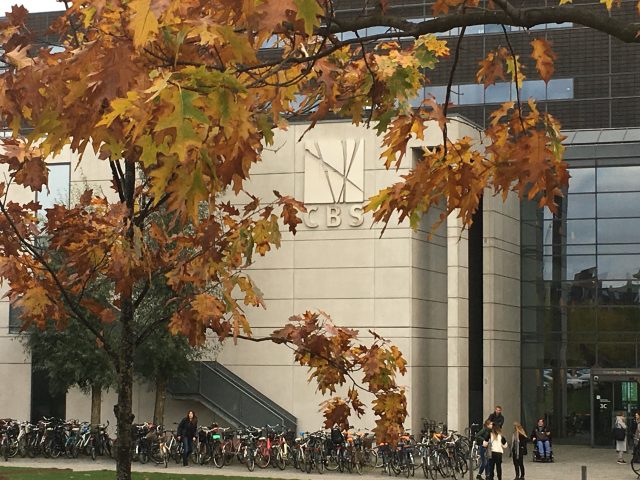
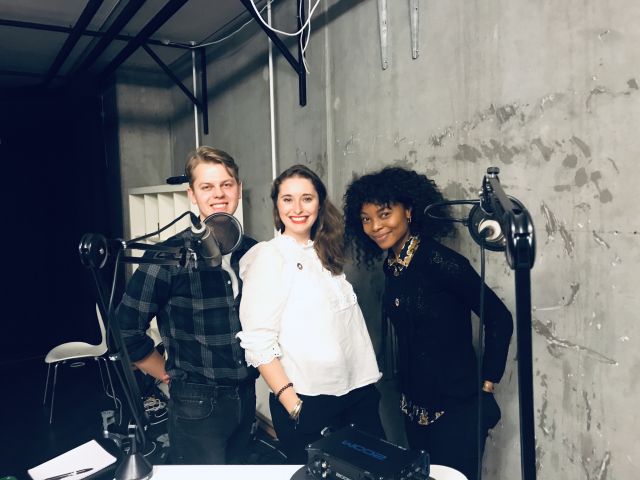

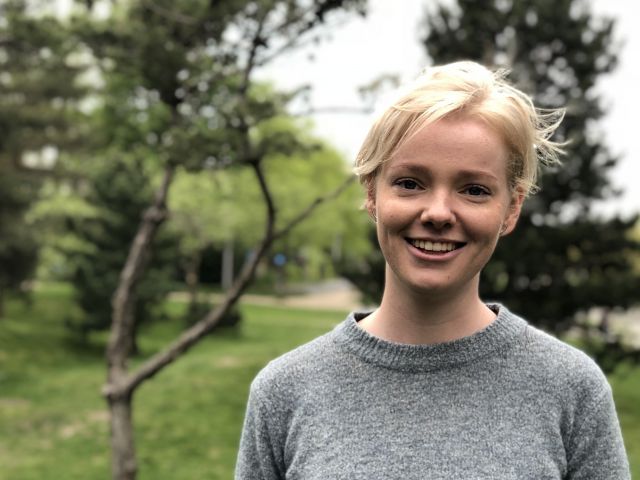
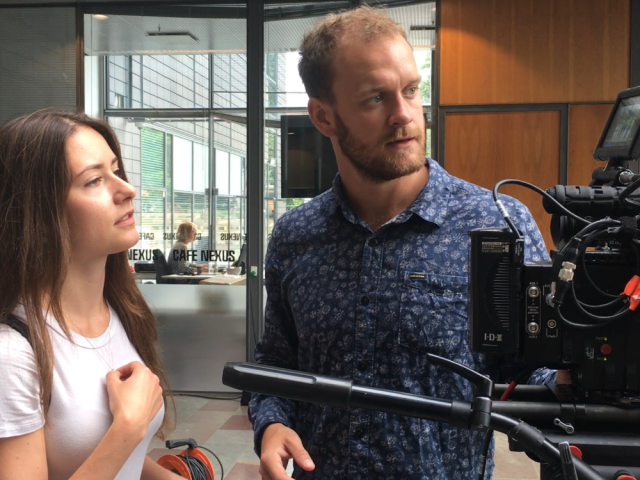




























































































































Dear Wire,
A major impact factor, when it comes to emissions and broader sustainability and human rights concerns, is the fact that it is almost impossible to switch pensions as a CBS employee with a public pension.
This is a problem in several ways, but particularly due to the fact that providers of public pensions invest heavily in fossil fuels and a large number of weapons manufacturers.
Let me use the example of JØP, where my pension is situated. Having an average pension saving in their portfolio means investing in 9/10 of the largest weapons manufacturers in the world and in terms of emissions it is equivalent to driving approx. 27 cars (per employee insured by JØP, based on 2017 calculations).
That means contributing among others things to the terrible and shameful conflict in the Yemen and growing displacement and threat to populations due to man made climate change.
The fact that we are forced to invest like this means that CBS automatically has a major negative impact on climate change and other important concerns.
This issue deserve public attention and decisive protest.
Existing portfolios of pensions funds, which are guaranteed an automatic and untouchable customer portfolio through “overenskomster” must be legally required to be sustainable and investments in weapons must be outlawed.
Refusal to change portfolios from the side of pension funds should be grounds for any public employee to leave her/his current pension fund free of charge or disadvantage and to choose a sustainable alternative. Such alternatives are readily available, but Danish regulation excludes these funds from providing pensions to public employees as of now.